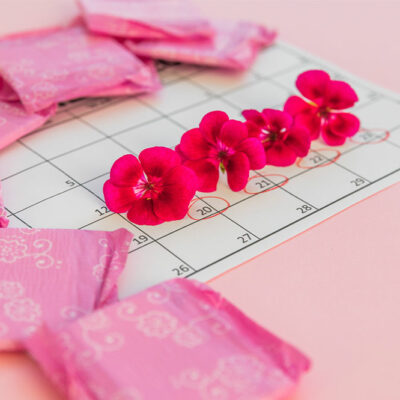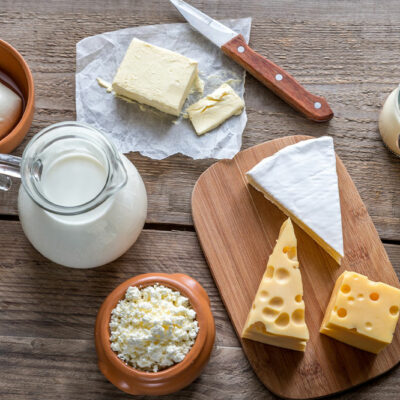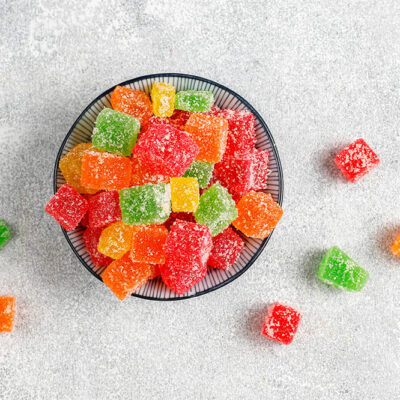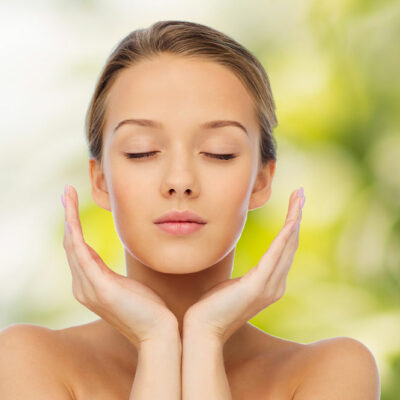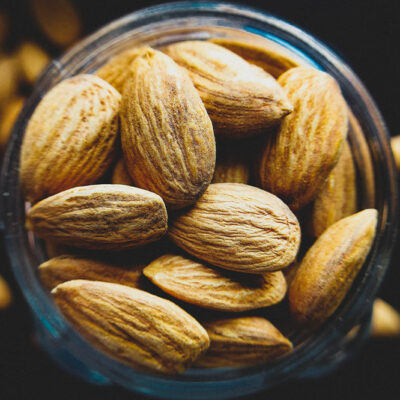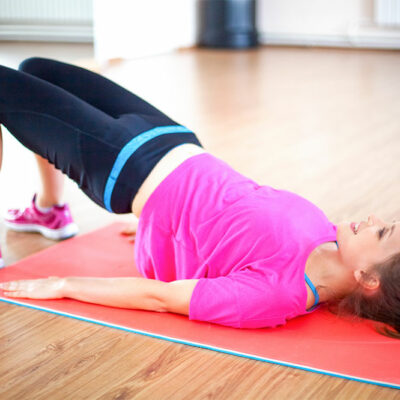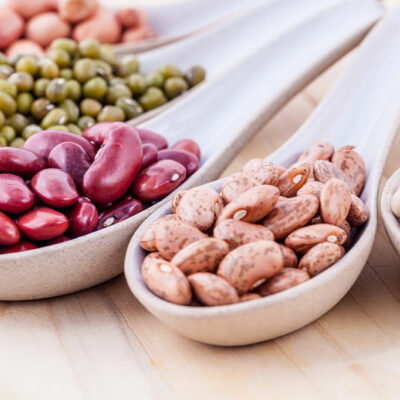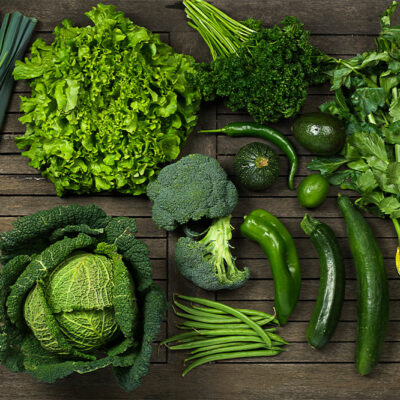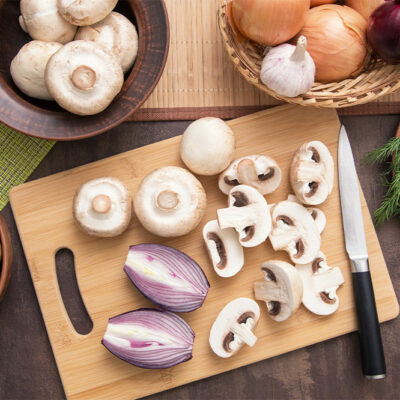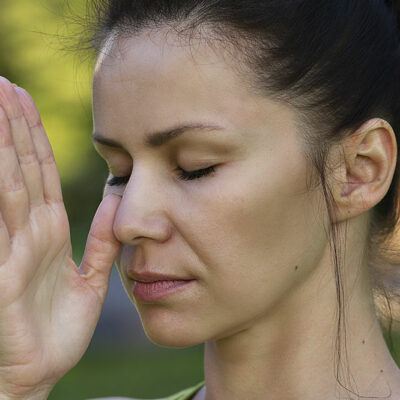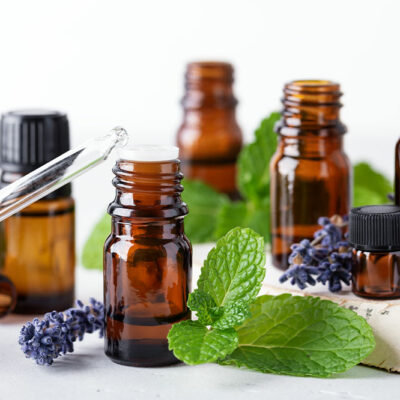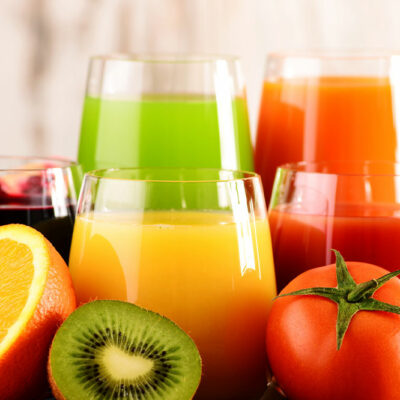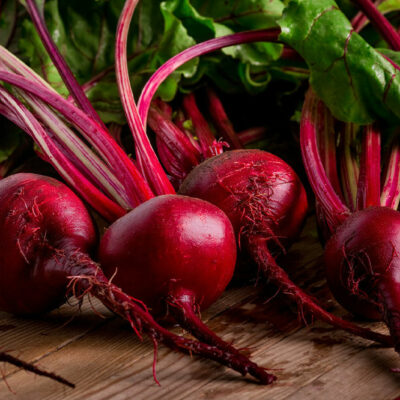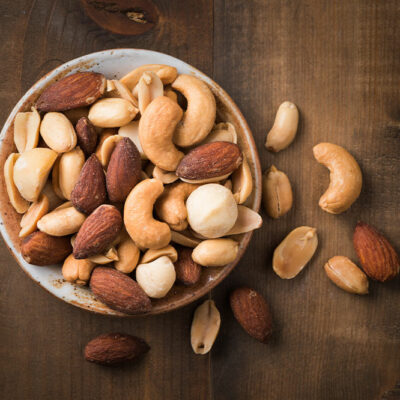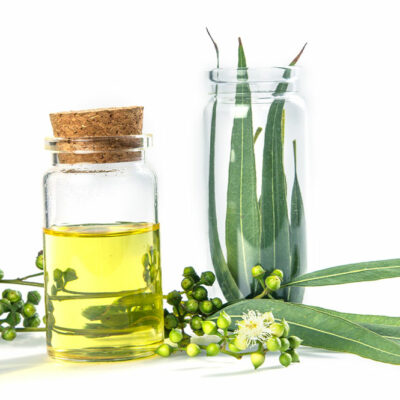
health
Top Causes for Shortness of Breath
Shortness of breath, also known as dyspnea, occurs when one feels they cannot get enough air into their lungs to breathe normally. It may occur when walking, climbing stairs, engaging in other physical activities, or doing nothing. It may develop suddenly or over some time. Sudden or unexpected breathlessness generally occurs due to health conditions and requires immediate attention from a doctor, especially when accompanied by chest pain, fainting, or nausea. Top causes for shortness of breath Carbon monoxide poisoning When one breathes in carbon monoxide, the chemical replaces the oxygen content in the body. This results in the vital organs being starved of oxygen, causing symptoms like shortness of breath, rapid breathing, chest pain, confusion, convulsions, dizziness, drowsiness, and fatigue. Young children, senior adults, people with lung or heart disease, and people at higher altitudes are at a higher risk of suffering from carbon monoxide poisoning. Heart conditions When the heart does not pump enough oxygen-rich blood through the body, the body responds by breathing faster to ensure an uninterrupted supply of oxygen to the vital organs, causing a sensation of shortness of breath. Heart conditions like angina, heart attacks, heart failure, atrial fibrillation, and others are common causes behind the interruption of circulation of blood around the body, causing shortness of breath or breathlessness.

